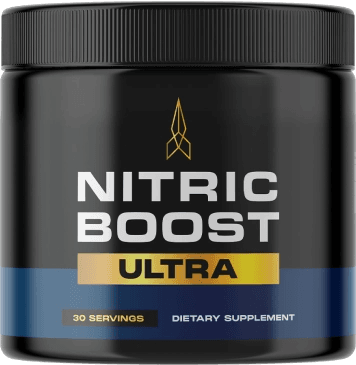Introduction
When it comes to fitness, many men focus on pushing hard every workout, often neglecting an equally important component: recovery. Rest and recovery are essential for muscle growth, injury prevention, and overall progress.
This article explains why recovery matters, how to optimize it, and how rest days fit into an effective fitness routine.
Why Recovery Is Crucial for Fitness
- Muscle Repair and Growth: Exercise creates microscopic muscle tears. Recovery allows these fibers to repair and grow stronger. Without adequate rest, muscles can’t rebuild effectively.
- Prevents Overtraining: Continuous intense training without rest leads to fatigue, decreased performance, and increased injury risk.
- Replenishes Energy Stores: Recovery restores glycogen levels and rebalances hormones vital for muscle building and metabolism.
- Mental Health Benefits: Taking rest days helps prevent burnout and supports motivation.
Signs You Need More Recovery
- Persistent muscle soreness
- Decreased strength or performance
- Fatigue and irritability
- Trouble sleeping
- Increased resting heart rate
Types of Recovery
- Active Recovery: Low-intensity activities like walking, stretching, or yoga increase blood flow and aid healing without taxing your body.
- Passive Recovery: Complete rest with no structured activity, allowing full restoration.
- Sleep: The most critical recovery tool, supporting hormonal balance, muscle repair, and mental rejuvenation.
How to Optimize Recovery
- Schedule rest days: Plan at least 1-2 full rest days per week, depending on training intensity.
- Get quality sleep: Aim for 7-9 hours nightly. Create a consistent bedtime routine and comfortable sleep environment.
- Nutrition: Fuel your body with protein, carbs, healthy fats, and plenty of hydration to support repair.
- Use recovery techniques: Foam rolling, massage, stretching, and cold baths can reduce soreness and improve circulation.
- Manage stress: Practice mindfulness, meditation, or deep breathing exercises to promote overall recovery.
Balancing Training and Recovery
Listen to your body and adjust training intensity accordingly. If you experience symptoms of overtraining, incorporate extra rest or active recovery days. Remember, progress comes from the balance between effort and rest.
Conclusion
Recovery is not a weakness but a strength in any fitness regimen. For men serious about health and performance, prioritizing rest days and recovery strategies is key to achieving long-term success.
Make recovery a non-negotiable part of your fitness plan and watch your gains—and well-being—soar.




